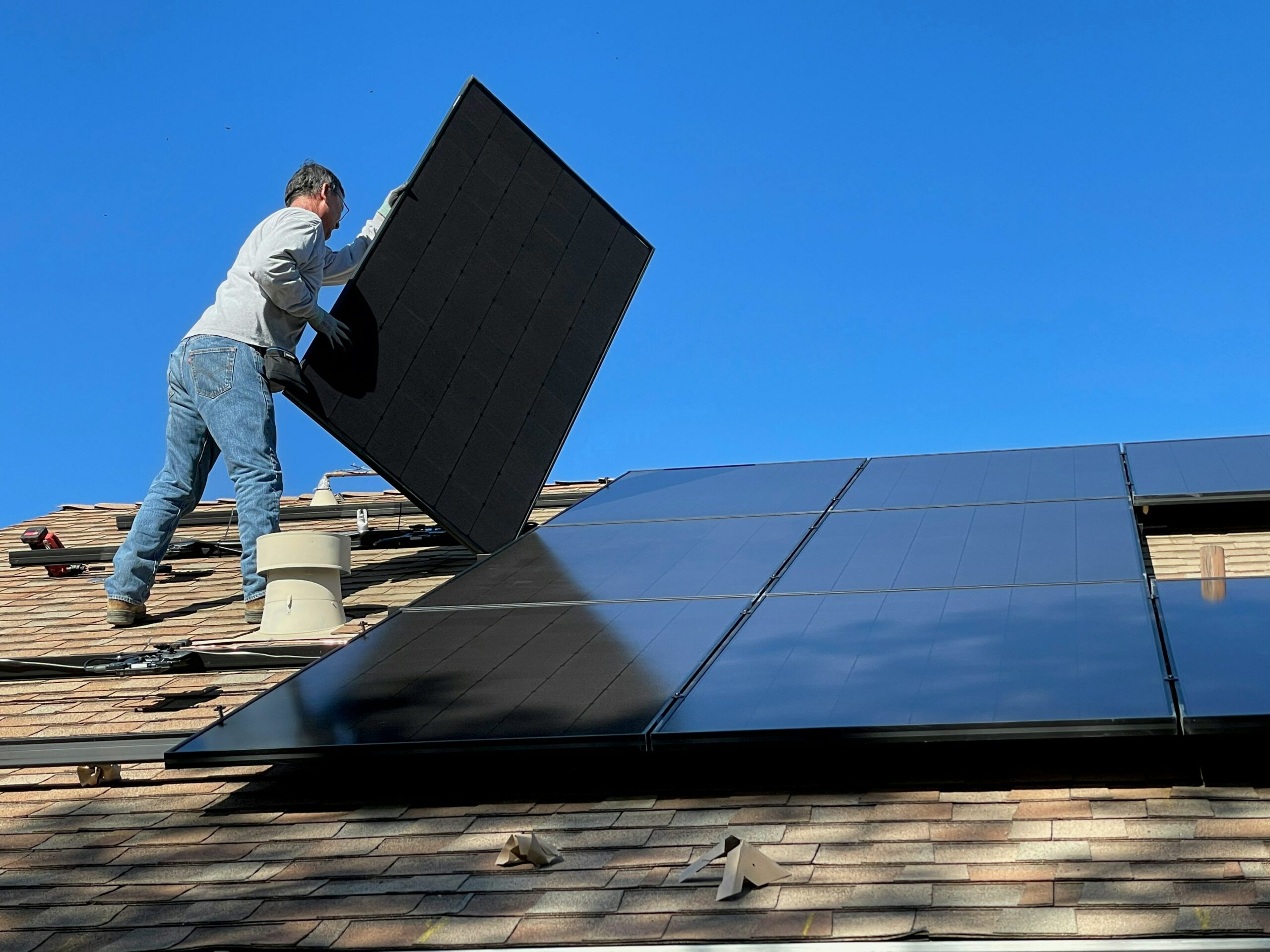|
As solar rooftops become an increasingly common addition to commercial properties, businesses need to be aware of the pros and cons of this technology. While they can provide significant financial, environmental and reputational benefits, they can also present various risks, such as fire and structural hazards. They can also be susceptible to damage from several sources.
This article examines the benefits and risks of rooftop solar panels for commercial properties and offers strategies for businesses to mitigate those exposures.
The Benefits of Rooftop Solar Panels for Commercial Properties
Solar panels installed on commercial rooftops offer numerous benefits, including:
The Risks of Rooftop Solar Panels for Commercial Properties
Although solar panels offer several benefits to businesses, there are risks to consider, including:
Mitigating the Risks Associated With Rooftop Solar Panels for Commercial Properties
As businesses weigh the pros and cons of rooftop solar panels, they should consider the measures they can take to mitigate risks associated with them, including:
Conclusion
Solar panels offer an array of benefits, but businesses also need to be aware of their related risks and how to mitigate them.
For more risk management information, contact us today.
|
|
This Commercial Property Insights is intended as general information. The information contained in this article is not exhaustive nor should it be construed as legal advice. Readers should contact legal counsel or a licensed insurance professional for tailored guidance. © 2024 Knauf Maxwell Insurance Services. All rights reserved.
|





